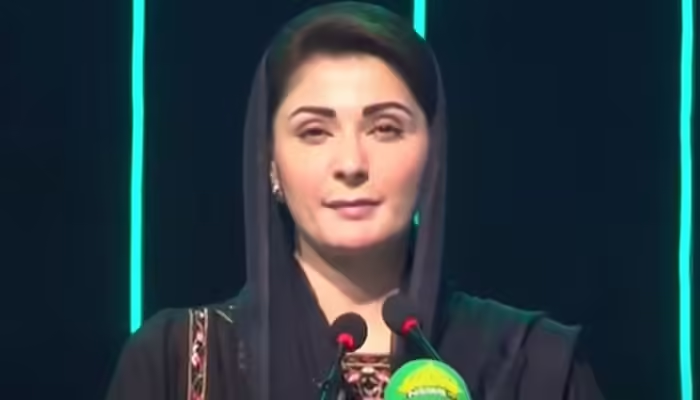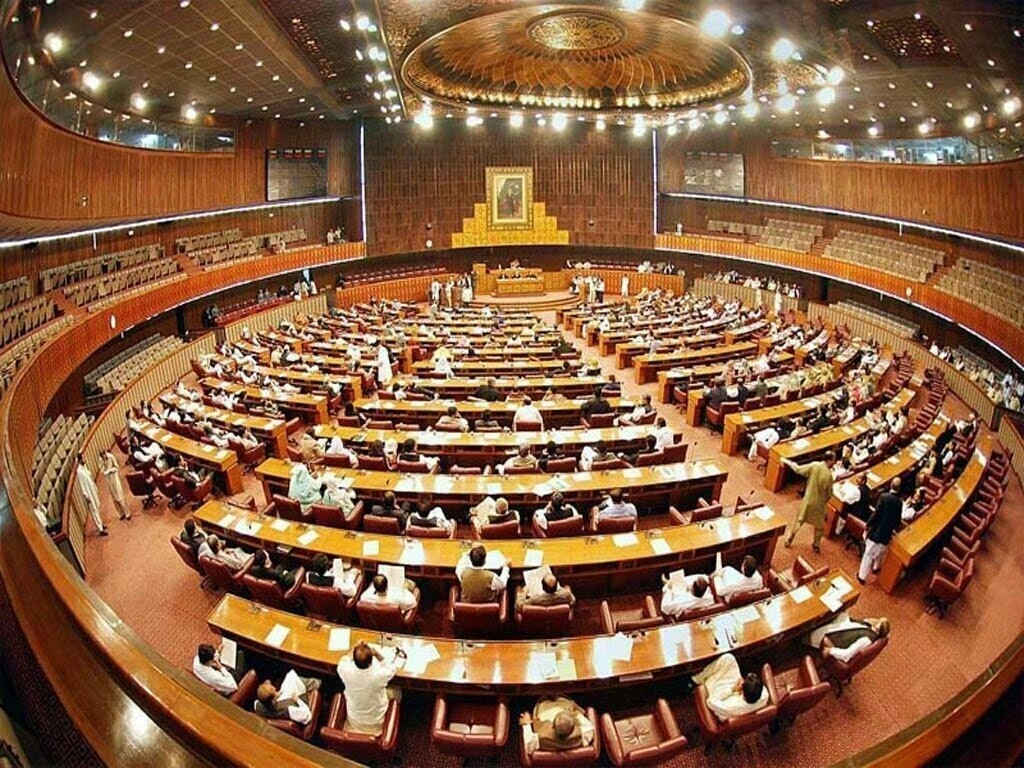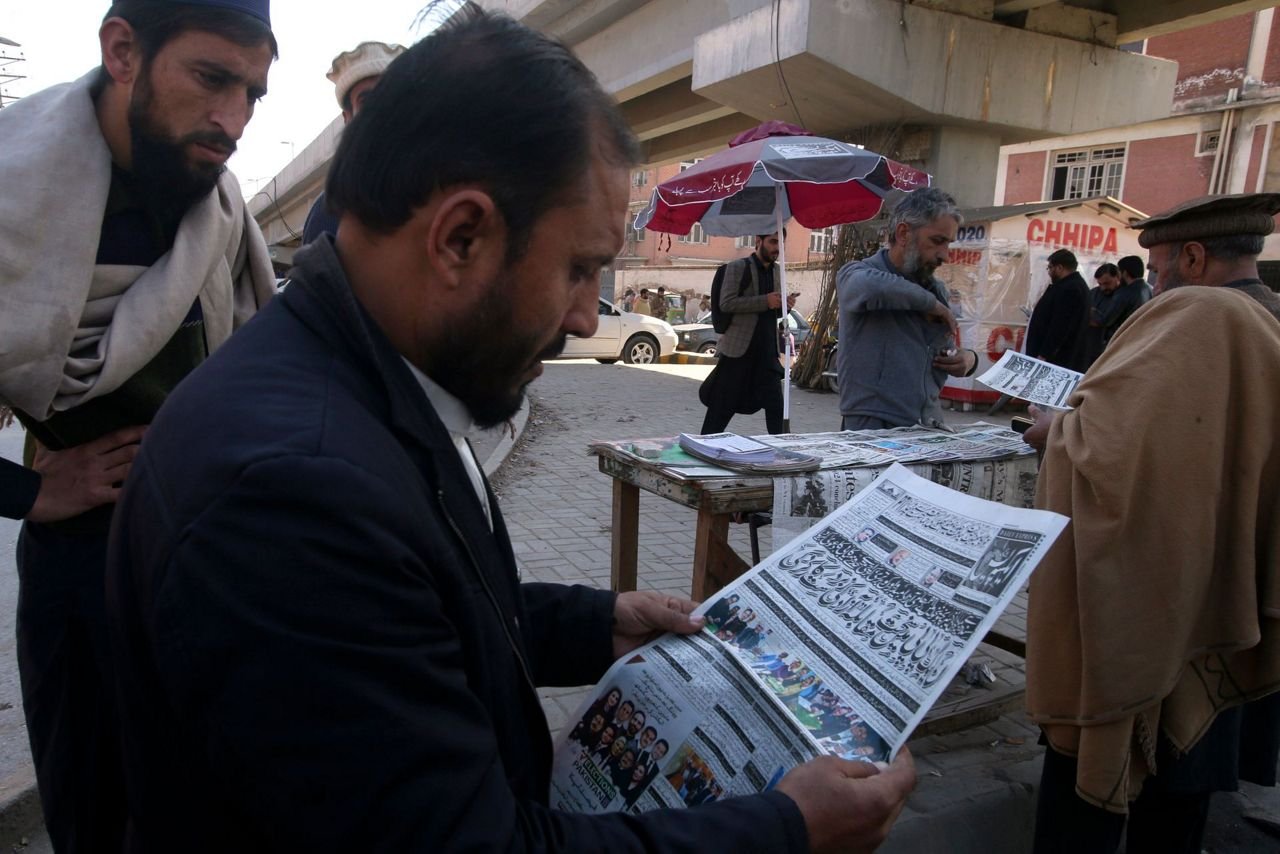In a recent address at the Kisan Card issue ceremony in Hafizabad, Chief Minister Punjab Maryam Nawaz expressed her optimism about Pakistan’s economic trajectory under Nawaz Sharif’s leadership. Speaking to a large gathering, Maryam Nawaz emphasized the government’s commitment to enhancing the lives of farmers, a crucial sector she believes will drive economic prosperity in the region. She outlined the government’s agricultural policies, the improved stock market performance, and Pakistan’s renewed international confidence as clear indicators of positive change. Her speech not only highlighted the current administration’s accomplishments but also provided insight into the future plans aimed at strengthening Pakistan’s economy and uplifting its agricultural community.
Direct Support to Farmers Through the Kisan Card
At the heart of Maryam Nawaz’s address was the government’s flagship initiative, the Kisan Card program, which aims to provide direct support to farmers across Punjab. She stressed that the Kisan Card program is part of a broader commitment to improving the agricultural sector, which serves as the backbone of Pakistan’s economy. Through the Kisan Card, farmers can access subsidies on essential resources, including fertilizers, seeds, and agricultural machinery. This direct form of assistance is intended to reduce production costs for farmers, allowing them to increase their yields and profits.
Maryam Nawaz reported that over 1.2 million applications had already been received for the Kisan Card, signaling high demand and enthusiasm among farmers. She highlighted that this initiative is part of a comprehensive approach to foster economic stability and improve the livelihoods of rural communities, ultimately leading to a robust and sustainable agricultural sector.
Economic Recovery and Stock Market Resurgence
Reflecting on Pakistan’s economic recovery, Maryam Nawaz pointed to the current performance of the stock exchange as a measure of the country’s financial health. She recalled the challenging period when the stock market was in decline during previous years of political unrest, affecting investor confidence. Today, she noted, the stock market stands at 90,000 points, a significant milestone that she attributes to Nawaz Sharif’s governance.
She connected the stock market resurgence to broader economic policies designed to stabilize the economy, control inflation, and restore confidence among both local and international investors. This positive shift, Maryam Nawaz suggested, is not only a victory for the government but also a hopeful sign for Pakistan’s economic future. By ensuring political stability and promoting sound financial management, she argued, the government has created an environment conducive to growth, thereby benefiting the average Pakistani citizen.
Falling Inflation and Rising Confidence
Maryam Nawaz also addressed the issue of inflation, a persistent challenge that has affected Pakistan’s economy for years. She claimed that under the leadership of Nawaz Sharif, inflation has started to decrease, alleviating some of the financial strain on households. For many Pakistanis, rising prices have impacted their quality of life, and addressing inflation has become one of the government’s top priorities. By implementing policies that help control inflation, the administration aims to relieve financial burdens on citizens and promote a more balanced economy.
Additionally, Maryam Nawaz shared her optimism regarding Pakistan’s international standing. She noted that foreign guests are visiting Pakistan again, a positive indicator of renewed trust and stability. This shift in perception, she suggested, is a reflection of the government’s commitment to building a secure and progressive Pakistan. The presence of international delegations not only signifies improved diplomatic relations but also opens avenues for foreign investments, which are crucial for sustained economic growth.
A New Vision for Punjab
Maryam Nawaz concluded her address with an optimistic vision for Punjab, predicting transformative changes in the province under the current administration. She remarked that she envisions Punjab evolving positively, where the “politics of temptation” is losing ground and “backbiting” is on the decline. In her view, this political shift reflects a maturing democratic environment, in which leaders are more focused on constructive policies rather than divisive politics.
Her speech indicated a shift toward policies aimed at fostering unity, supporting economic growth, and empowering farmers and other underserved sectors. Maryam Nawaz’s approach, she suggested, emphasizes collaboration over conflict and prioritizes policy-driven solutions over political rivalries.
Building a Prosperous Pakistan
In her address, Maryam Nawaz presented a hopeful narrative for Pakistan’s future. She highlighted the importance of agriculture as a pillar of the economy, emphasizing the role of initiatives like the Kisan Card in empowering farmers and boosting productivity. By supporting this key sector, the government aims to create a ripple effect that benefits the broader economy.
With an improving stock market, controlled inflation, and increasing foreign confidence, Maryam Nawaz argued that Pakistan is on the path to recovery and growth. Her vision for Punjab reflects a commitment to sustainable development, political stability, and economic empowerment. As Pakistan navigates its economic challenges, Maryam Nawaz’s speech underscores the government’s pledge to build a stronger, more resilient nation where every citizen can thrive.



